In fact, blocking trackers is DuckDuckGo’s main selling point. It is the overriding reason that those who use the tiny search engine don’t simply go somewhere else.
That’s why when Jack Edwards discovered that DuckDuckGo did not stop data flows to Microsoft’s Linkedin domains or their Bing advertising domains, the company received fierce backlash from their user base, who felt betrayed.
The reason that DuckDuckGo was in the habit of letting Microsoft trackers through lies in the fact that they’re in an advertising partnership with the much larger company. To block all their trackers would be to cut off their own revenue streams and the company makes a big chunk of its revenue via Microsoft Advertising.
The backlash against the discovery, posted and widely shared on Twitter, prompted CEO Gabriel Weinberg to issue a statement.
Weinberg’s statement reads:
“Recently, I’ve heard from a number of users and understand that we didn’t meet their expectations around one of our browser’s web tracking protections. So today we are announcing more privacy and transparency around DuckjDuckGo’s web tracking protections.”
The new policy can be summed up as follows: DuckDuckGo will now block most of Microsoft’s trackers for most of the time. They are making exceptions for trackers used by Microsoft Advertising, because without that, the company would be down a vital revenue stream.
Significantly, this means that all third-party trackers affiliated with Microsoft are now blocked, and while it’s not a perfect solution, it should be enough to mollify the engine’s user base.







